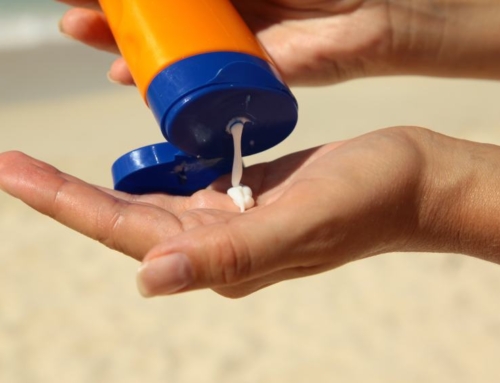Zinc has had a lot of attention with Covid. Zinc deficiency has been shown to cause diarrhea, delayed healing of wounds, taste abnormalities, loss of appetite as well as growth abnormalities. Do some of these symptoms seem familiar? Many of them are COVID symptoms (not the growth abnormalities)!
People over the age of 60 typically have zinc intakes below 50% of the recommended daily allowance on a given day. Many causes can be involved including altered intestinal absorption, inadequate mastication, and drugs interactions. As we age we also produce more inflammatory markers and cytokines which accelerates aging. Zinc deficiency makes this inflammatory process even worse.
Diets high in cereal foods and low animal protein can also have significant zinc deficiencies.
Zinc has important effects on the immune system and this has been shown over and over. If you will only take one supplement during this pandemic then you might choose zinc.
READ ON to learn more about how zinc helps the immune system, what kind of zinc you should take and how much…..
Normal development and function of cells mediating innate immunity, neutrophils, and T and B cells of the immune system and dependent on zinc. It also can function as an anti-oxidant and stabilize membranes suggesting it has a role in the prevention of free radical-induced injury during inflammatory processes (AKA the cytokine storm).
In studies zinc can decrease the prevalence of pneumonia as well as decrease symptoms of malaria. It can also be helpful in reducing the risk of atherosclerosis and decreasing the risk of injury with heart attacks.
Foods sources containing zinc include:
- Oysters
- Beef, chicken
- Fortified foods
- Beans
- Dairy
- Almonds, cashews
The recommended daily allowance is between 9-11mg with the tolerable upper limit for adults of 40mg. There are many different forms of zinc on the market. Be sure and choose a good brand because zinc supplements are often tainted with cadmium (the same ingredient in cigarette smoke). The top absorbable kinds of zinc include glycinate, picolinate and citrate. Chelated forms of zinc are also more absorbable. Stay away from the sulfate and oxide forms as they are not absorbed very easily.
Zinc competes with other nutrients specifically iron, selenium and copper. Do not take these together in higher doses. It is ok to have them in a multi but separate them out if you are doing specific supplements of each. Many people are taking high doses of zinc right now and the long-term concern is that it will deplete the copper stores. Copper is an important trace mineral so make sure to eat copper rich foods or take a mineral supplement to replete it. Copper containing foods include shellfish, nuts, seeds, organ meats and chocolate.
Zinc supplements may cause significant gi upset including nausea and diarrhea so lower the dose or stop it if this occurs. You can try different forms of zinc, also. Always take zinc with food to decrease these side effects.
I think zinc as a supplement is a basic prevention nutrient with COVID. The elderly are already low in this nutrient which may help explain the severity of the disease when they get this. Starting doses should be between 15-25mg daily and then pop up to 40 mg if you get COVID. If you have not been taking zinc and get sick then do a loading dose of 25-30mg four times a day with food on the first day and then stop for a few days and then resume regular dosing.
To your health,
Laura








